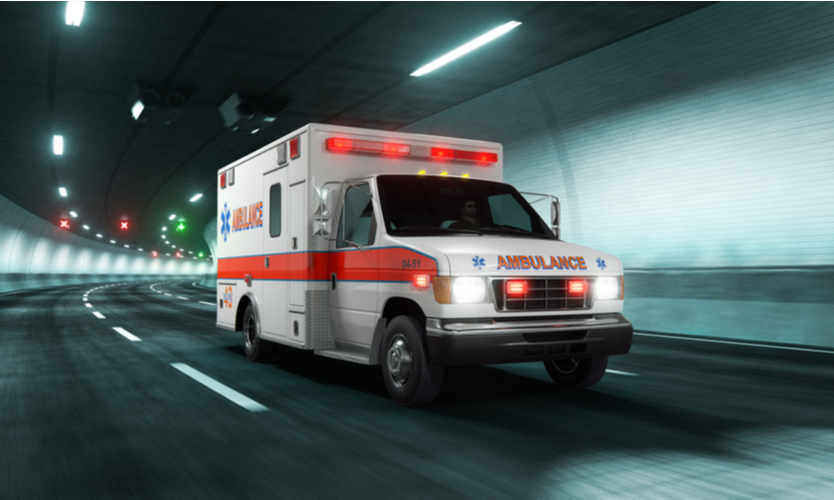New Jersey last month mandated that heart attacks and strokes suffered by emergency medical services workers should be considered work-related if they happen shortly after they were on an emergency call, adding to a widening net of presumption laws.
The measure, signed into law on Jan. 16, makes compensable heart attacks and strokes suffered by emergency medical services workers if the injury occurs within 24 hours of an emergency response call. The law, which is already in effect, also applies to EMS volunteers.
Employers can rebut the presumption, but only with strong evidence proving the heart attack or stroke was caused by another factor, said John Geaney, co-chair of the workers compensation practice at Mt. Laurel, New Jersey-based law firm Capehart Scatchard PA.
“Heart attacks are a leading cause of death and injury in every state,” Mr. Geaney said. “They might happen to a person who does nothing physical whatsoever. It’s related to lifestyle changes that have occurred or genetic factors such as your family history.”
Complex events such as strokes and heart attacks often have conflicting medical evidence and it is hard to conclusively prove a cause, Mr. Geaney said.
“When you create this kind of a statute, with all of these hurdles, it’s going to be very hard for employers to prevail,” he said.
New Jersey already mandates the heart attack and stroke presumption for other first responders.
Advocates say cardiovascular presumptions are necessary because first responders engage in strenuous physical exertion, experience emotional stress from traumatic calls and are exposed to certain types of pollution, all of which could potentially cause cardiovascular issues.
“In the absence of clear evidence to the contrary or the ability for an employer to clearly prove that the job did not cause that kind of stress, the presumption will mean that the injured worker gets the benefit of the doubt,” said Alan Gurvey, an attorney with Sherman Oaks, California-based Rowen, Gurvey & Win, which represents injured workers.
Creating new classes of compensable injuries for first responders has been a growing trend in workers compensation.
In 2023, two states enacted legislation related to heart conditions, according to the Boca Raton, Florida-based National Council on Compensation Insurance.
Last February, North Dakota passed a law creating a cardiovascular event presumption for full-time paid firefighters and police officers. It covers heart attacks, strokes, vascular ruptures and similar issues occurring no later than 48 hours after a work incident.
In July, Maine legislators enacted a cardiovascular and pulmonary disease presumption for law enforcement officers who suffer such an injury within six months of participating in “law enforcement activities or in a training drill.”
About a dozen states this year are considering legislation addressing first-responder presumptions, said Laura Kersey, NCCI division executive-regulatory and business analysis.
Many occupational illnesses included in statutory presumptions for first responders can take a long time to develop, according to NCCI.
The question whether a heart attack or stroke is induced by a traumatic work event or is caused by factors that developed over time outside of the employment context is one of the reasons employers remain concerned over expanding cardiovascular presumptions, Mr. Geaney said.
Cardiovascular presumptions could result in high dollar claims for insurers covering a large pool of workers, he said.
